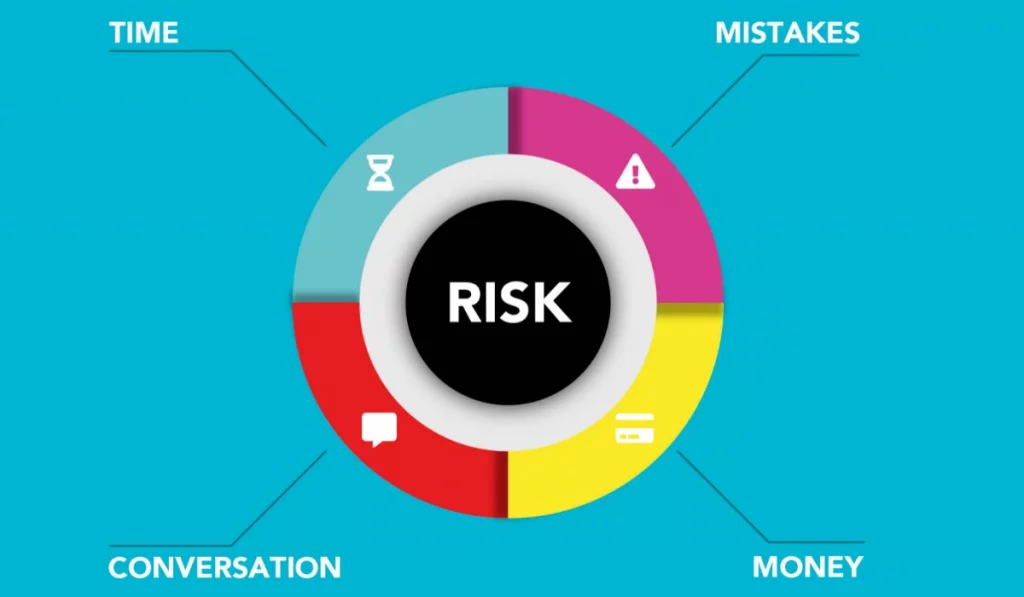PLM is an end-to-end application used to manage all processes related to your product’s life cycle. It takes a comprehensive approach to product creation. PLM starts from product ideation to design and development all the way to production and shipping. It centralizes all product-related data in a single platform. PLM connects multi-disciplinary teams scattered geographically, letting them collaborate efficiently and view up-to-date product information.
In brief, PLM is the digital foundation on which successful global businesses unify their business. It takes care of planning, production, and supply chain management for innovation and efficiency.
Also Read: TOP EMERGING BLOCKCHAIN TECHNOLOGY TRENDS IN 2022
Why use PLM?
In a global world, success depends on being able to access real-time data and information. Meanwhile, we all know that manual processes are prone to errors.
Using PLM helps businesses:
- Go to market quicker
- Increase profitability
- Be more sustainable
- Drive efficiency and collaboration
- Make data-driven decisions
- Dedicate more time to innovation
- Improve product quality
- Bring transparency to the supply chain
- Save time and resources
- Minimize material wastage
Successful adoption of PLM eliminates many problems and barriers. For example, it helps you avoid work duplication, compatibility issues, language barriers, and more. PLM also helps reduce lead times and improves profit margins.
What to Choose: Cloud VS On-Premise PLM
So you’ve decided to implement PLM, now the next question is what kind of PLM will be best for you. Should you opt for Cloud or On-premise PLM?
One option is On-premise PLM. This is good for companies that store and manage data on their own servers. The software is directly installed on the consumer’s devices and uses their servers. On-premise PLM requires users to purchase software licenses.
The second option is Cloud PLM or SaaS (Software-as-a-Service) model. Here the SaaS company hosts your data on their servers for you. In return, customers pay a recurring fee for this service. In this model, customers don’t need to invest and maintain large servers and state-of-the-art cybersecurity.
That’s why Cloud PLM is a popular option since it requires less investment up front. It also provides higher scalability, faster implementation, remote access, and auto-updates.

On the other hand, companies whose primary concern is greater control and 100% data security can go for On-premise PLM. With On-premise PLM, your internal IT team is responsible for your data security.
How PLM benefits different industries
It’s a cardinal rule that whatever PLM system you decide to deploy should be tailored to your industry. This is because every industry has different requirements and unique problems. In order to solve those problems, you need specific modules and apps for the relevant processes.
Automotives
The automotive industry was the earliest adopter of PLM. They have perfected the process of managing a product’s lifecycle as a whole.
As you know, innovative design and collaboration are essential for the automotive industry. They require real-time communication between different engineering and design departments during product creation.
PLM makes sure that consistency is maintained throughout the assembly, testing, and maintenance process. Additionally, it helps companies react faster during crises. For instance, identifying and tracking defects by instantly pulling engineering, design, and systems-related data. And most importantly, it can help get defective products out of the market quickly.
Also Read: Top 10 Fastest Growing IoT Companies
Fashion
Fashion is a fast-paced industry where trends change in the blink of an eye. Therefore, brands have to constantly design and produce new collections if they want consumers to keep buying their clothes. Indeed, the time it takes for a product to go from design to store has significantly shortened in the last decade. However, this fast fashion model has created sustainability and ethical concerns for the industry’s supply chain.
Luckily, PLM can help with this. With Fashion PLM, brands can avoid overstocking their inventory. In fact, PLM helps ensure that brands and their vendors follow all compliance guidelines set by the brand and governments. Consequently, PLM brings transparency and accountability to the supply chain.
Additionally, digitalization can help brands go paperless. They can maintain records on a centralized software platform. Also, they can also track deadlines and targets in real-time. Above all, brands can make data-driven decisions to improve product quality and margins.
Food and Beverages
Similarly, food and beverage brands have to react quickly to any developments. Otherwise, they risk compromising the quality and safety of their products. Food products especially can’t afford slow lead times. Everything from production to quality checks to delivery needs to streamline and run efficiently.
PLM is indeed the best solution for brands to manage high volume, complex and critical information. Especially, when mismanagement means risk to consumers’ health and safety.
A small hitch in the global economy can make the prices of raw materials go soaring. So, product portfolios have to be reviewed and revised constantly. Therefore with PLM, brands can keep an eye on margins. In short, It lets them find out which unprofitable items need to be removed. Additionally, it allows them to rework product costs as prices go up or down.
Beauty and Cosmetics
The beauty industry has to manage a massive variety of products, ingredients, and formulations. They are required to follow many guidelines and regulations set by different governments. Moreover, they also need to ensure that all their vendors follow the rules. Keeping track of these tasks and requirements can be difficult without a PLM to ensure vendor compliance.
Being a time-critical business, beauty brands also benefit from auto-updates and critical notifications. Therefore, PLM tools also make it easier to manage individual beauty, hair, skincare, and fragrance lines separately. As a result, you can track key milestones and progress for each line individually.
Pharmaceuticals
Pharmaceuticals is a field where research and development can take years, if not decades. That’s why every result and every experiment has to be carefully recorded. So, it’s important that historical data be available at the click of a button.
For instance, the FDA mandates exhaustive documents from every step of drug development for approval. This is why keeping unified records on a centralized PLM platform is of utmost importance for Pharma companies.
Finally, the process of manufacturing drugs has to be carefully observed and controlled. PLM helps track a variety of quality attributes and critical parameters to ensure quality and safety. As a result, it makes sure every process is streamlined and recorded.
Conclusion
Ever since its first use in the 1980s, PLM has changed the process of manufacturing forever. Since then, PLM has become a crucial part of every successful business.
With cloud technology, PLM has also become more accessible than ever before. In fact, companies that previously couldn’t afford PLM due to high infrastructure and implementation costs can do so now. By using Cloud and offering PLM as a SaaS platform, tech companies are bringing in a new era of digitalization.
Companies that don’t digitalize their business will be left behind.
FAQs on PLM
Automobiles, computers, heavy equipment, aircraft software, etc. are examples. PLM, or product life cycle management, is used in products that takes long time to develop or have a long life period.
Oracle acquired Agile Product Lifecycle Management, a technology that is used to promote product innovation in a variety of industries, including manufacturing, FMCG, life sciences, high-tech, and so on.





[…] Also Read: What is PLM software? How Different Industries Can Use It to Their Advantage […]
[…] Also Read: What is PLM software? […]